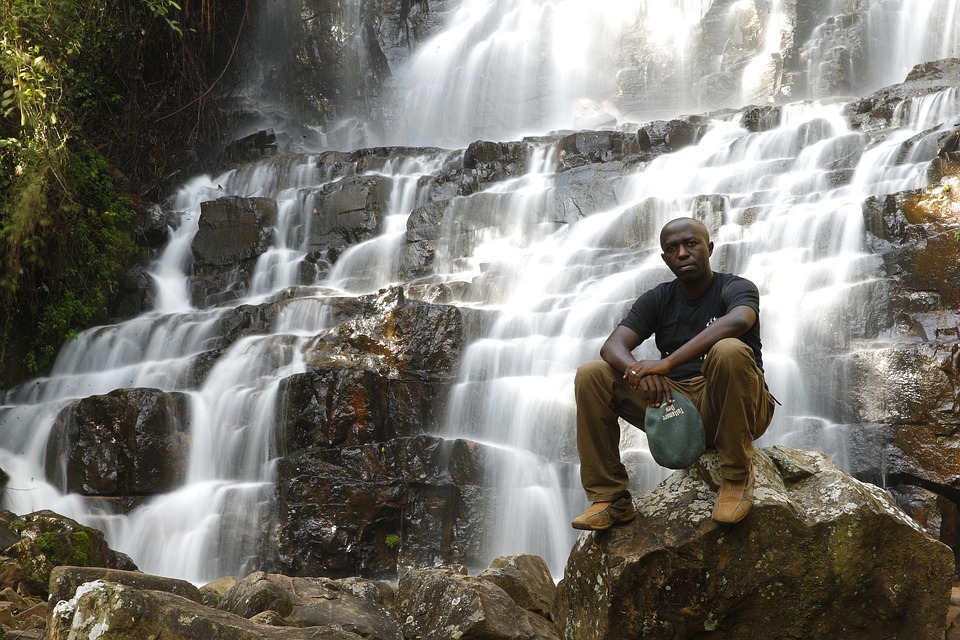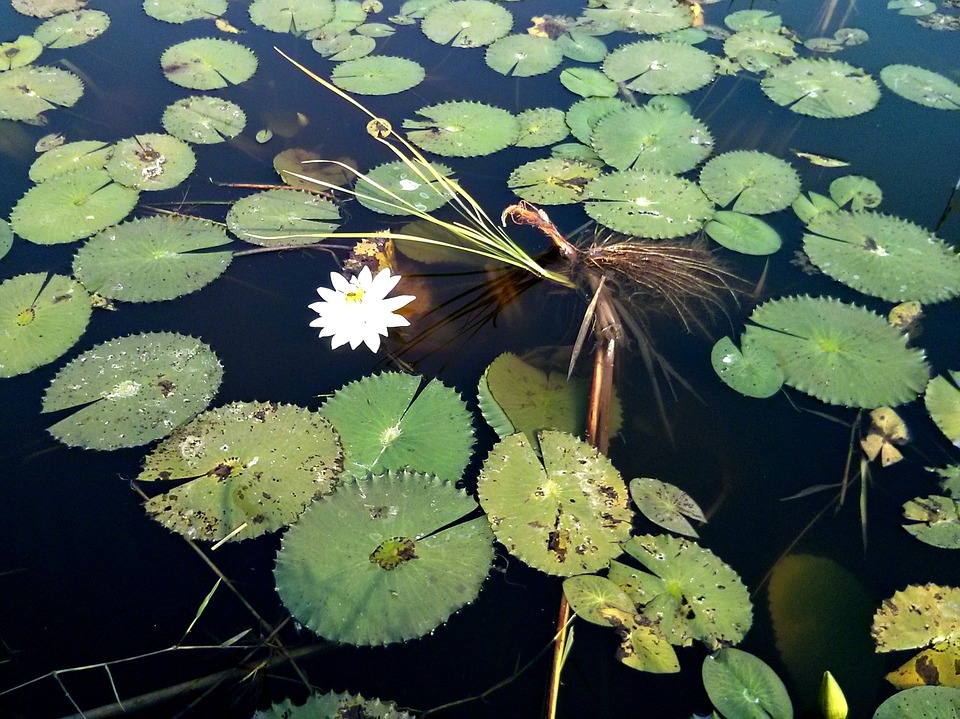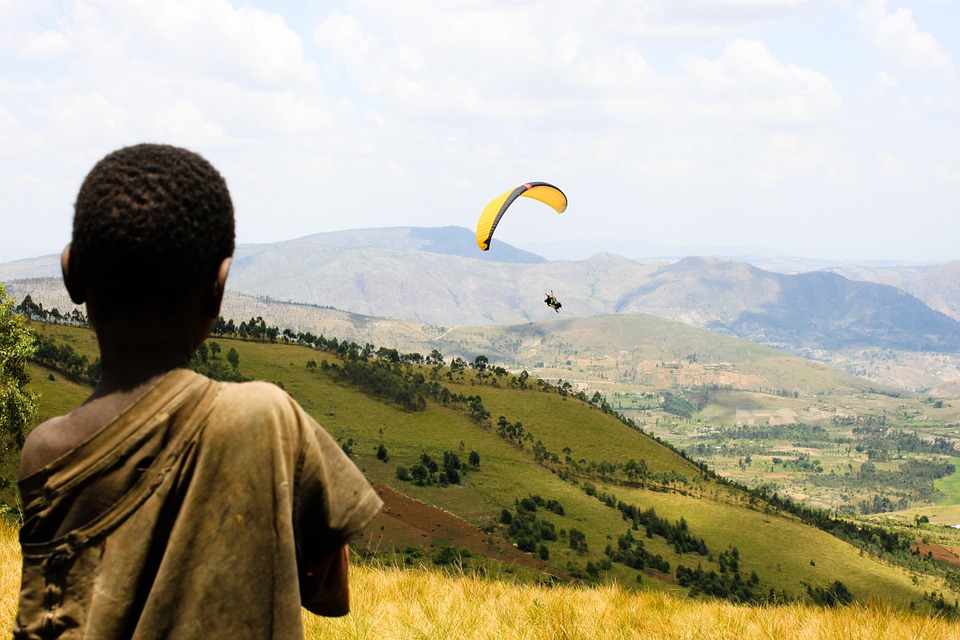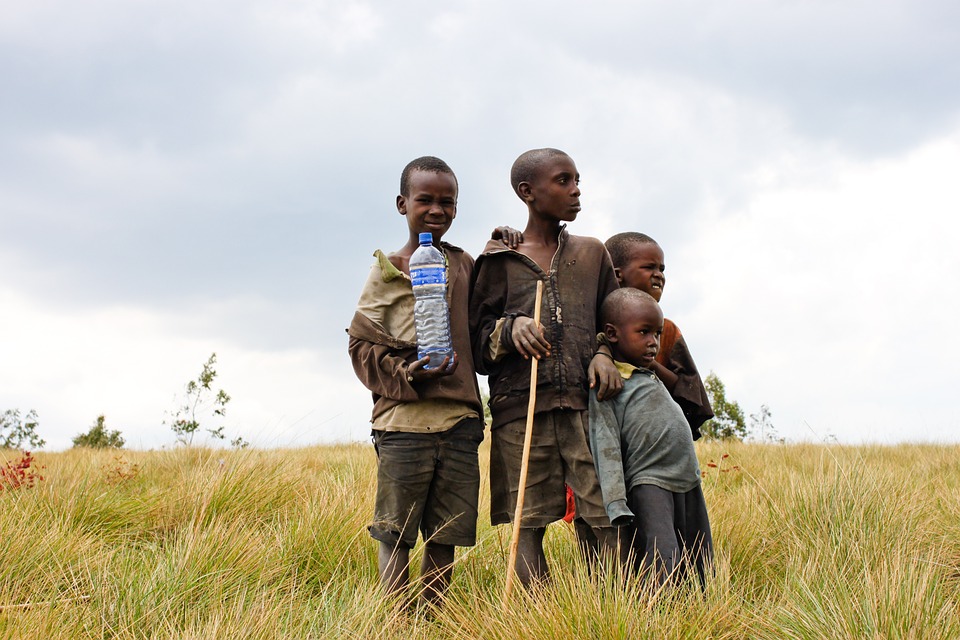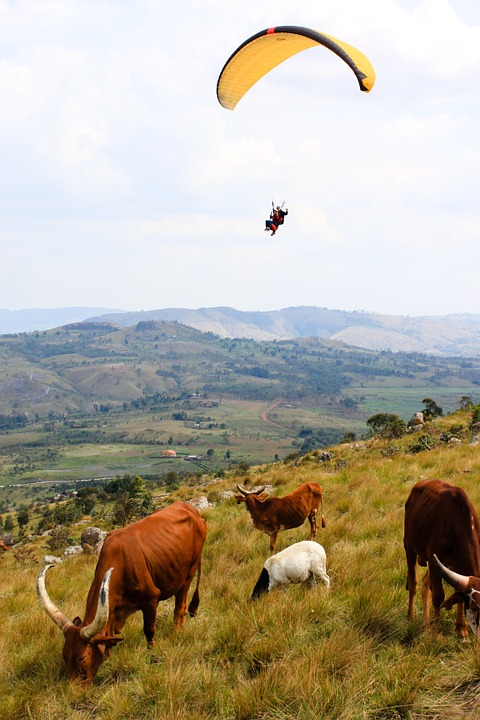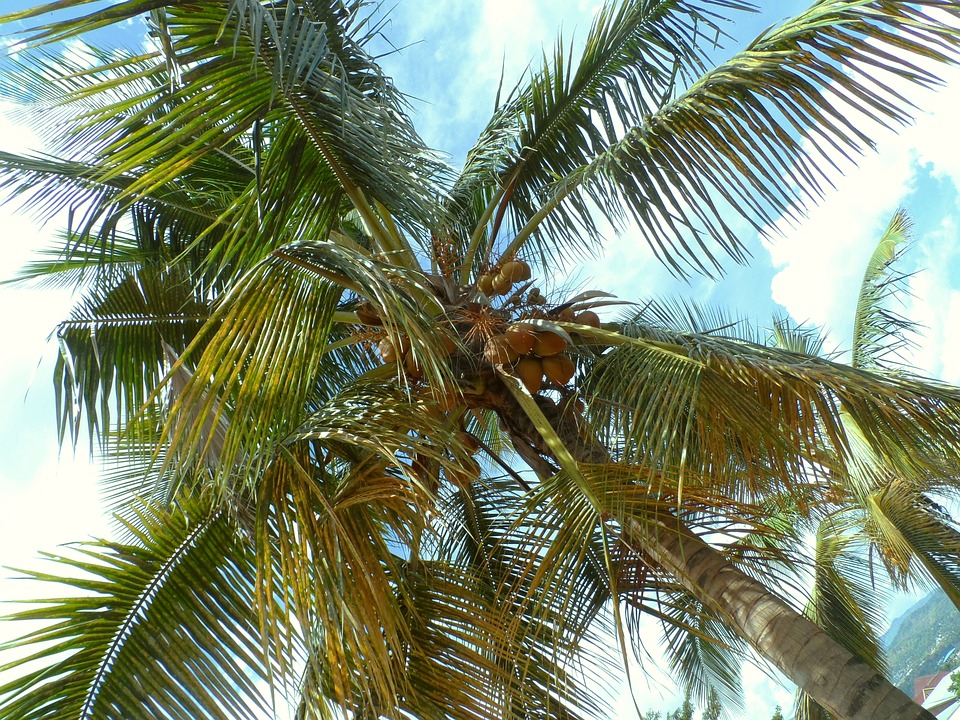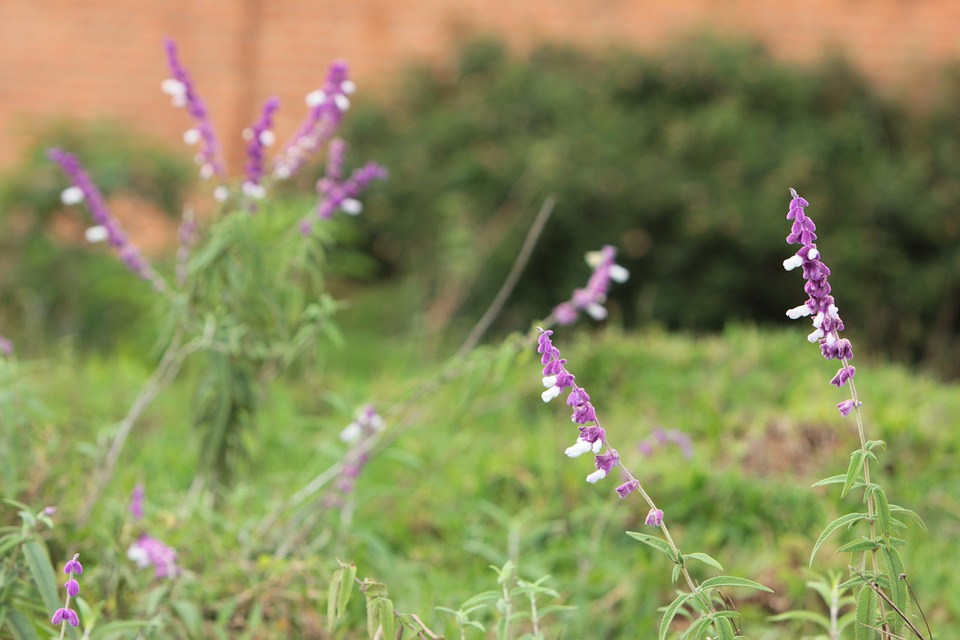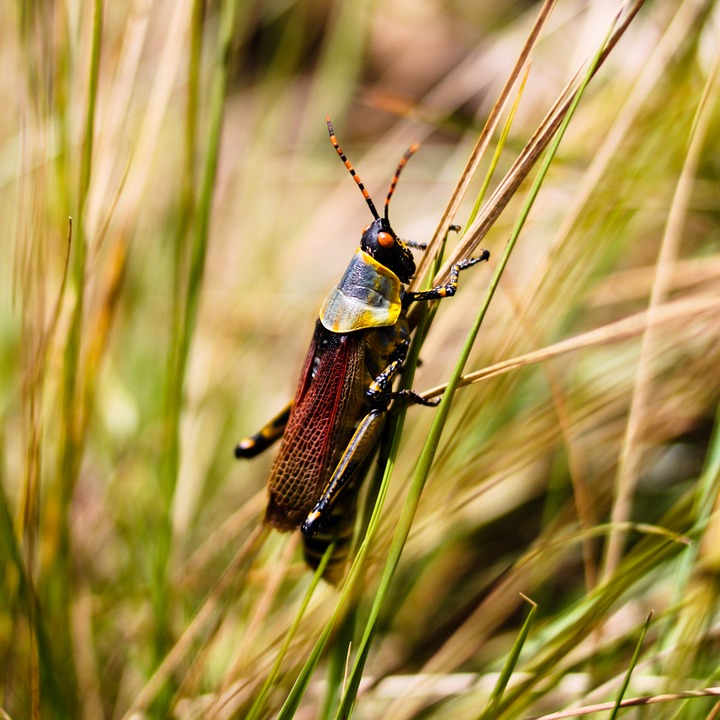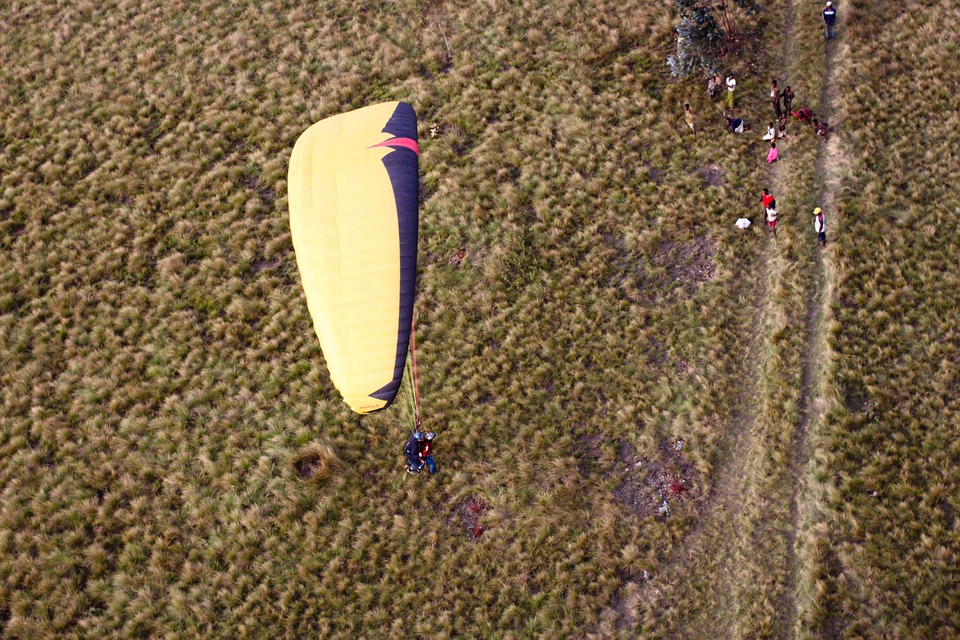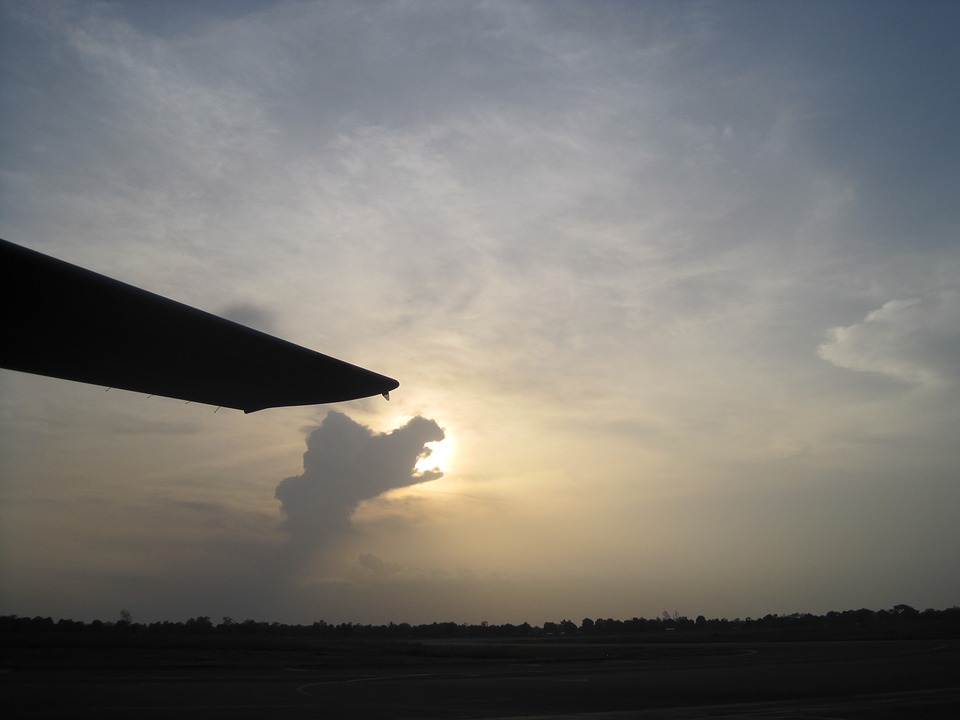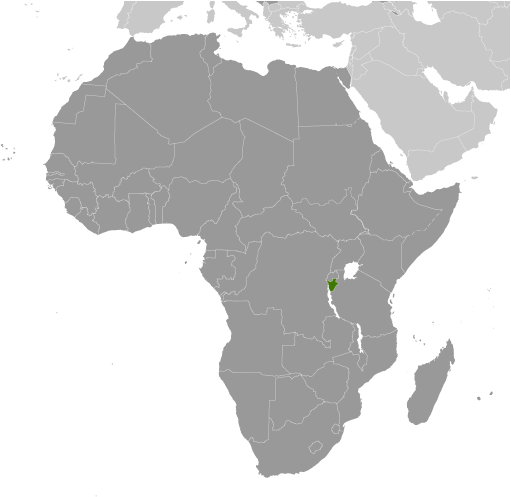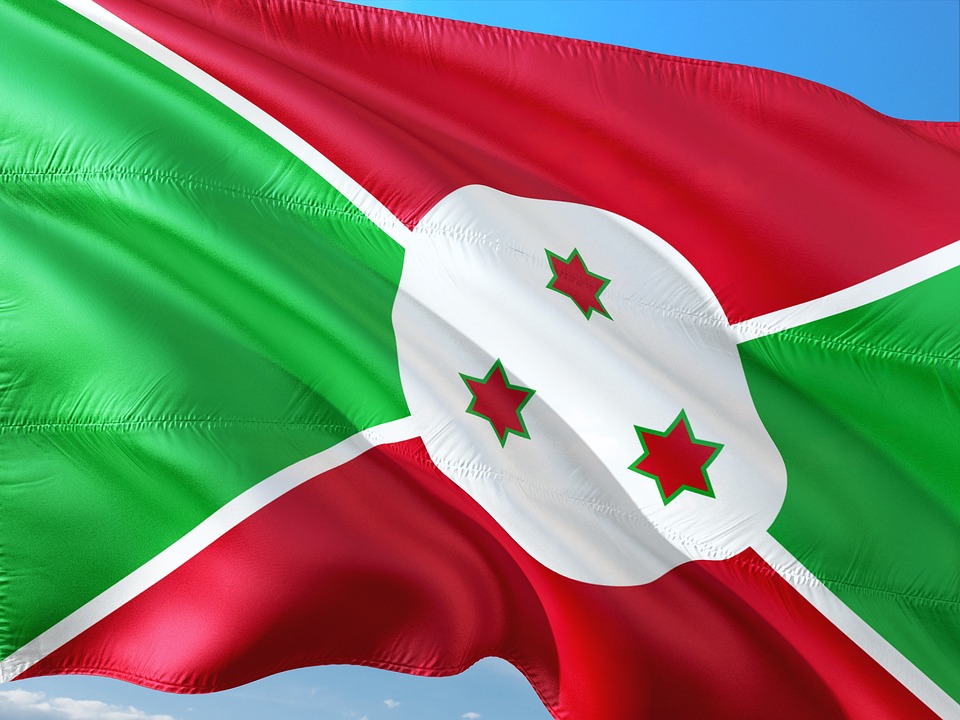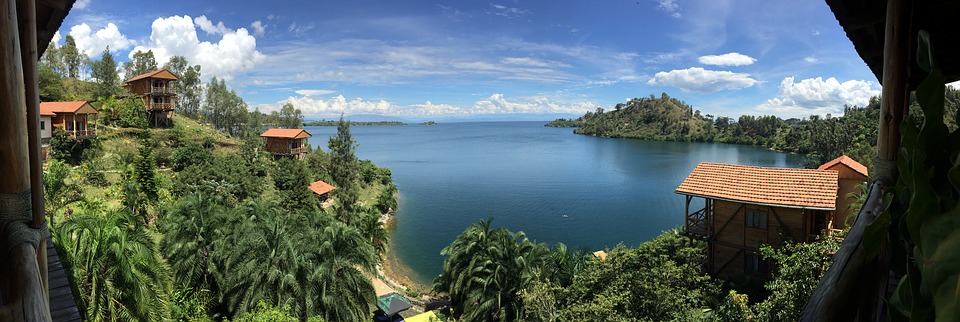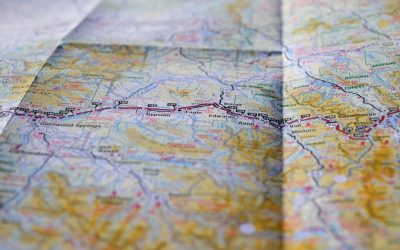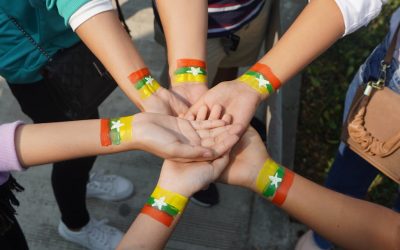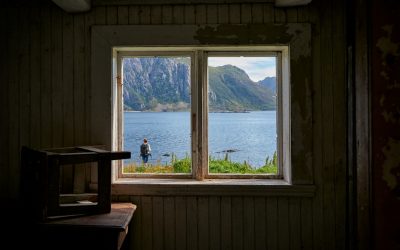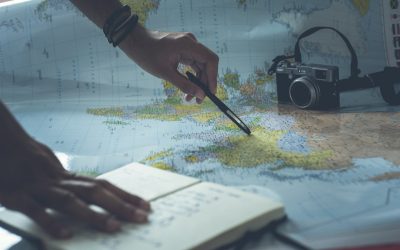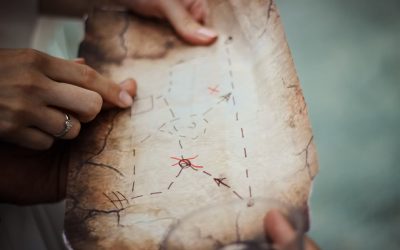Burundi
(Republika y’u Burundi (Rundi); République du Burundi (French) (Republic of Burundi))

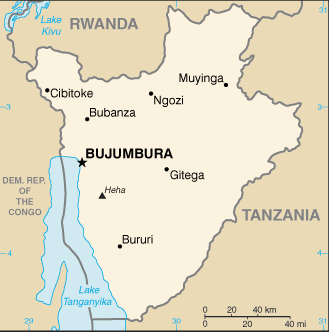
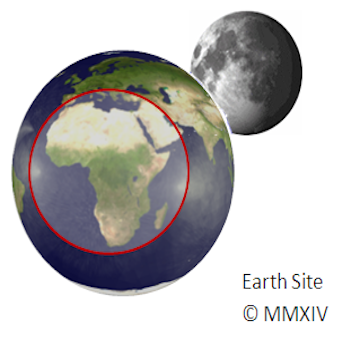
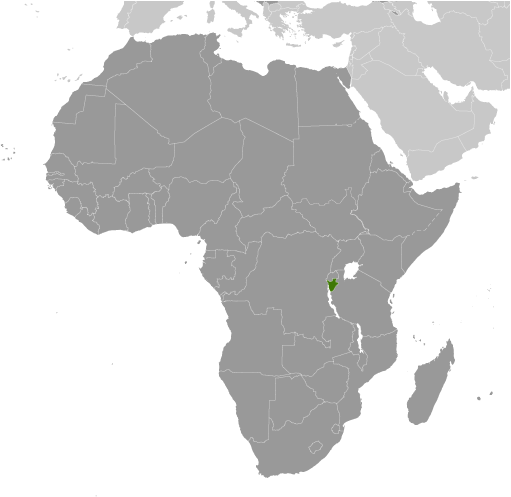
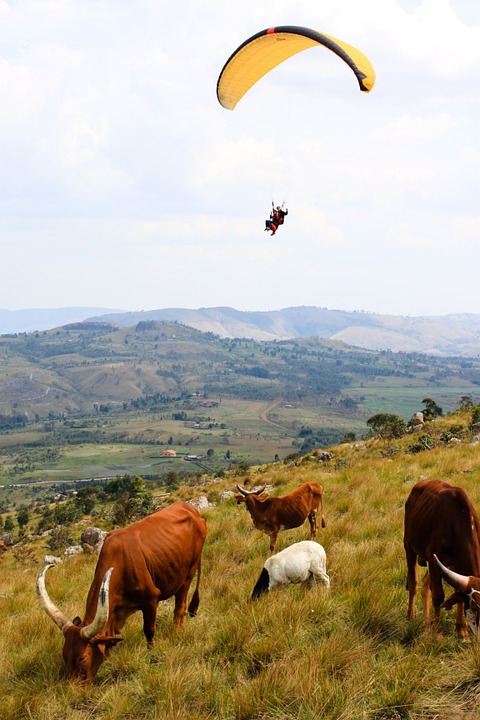
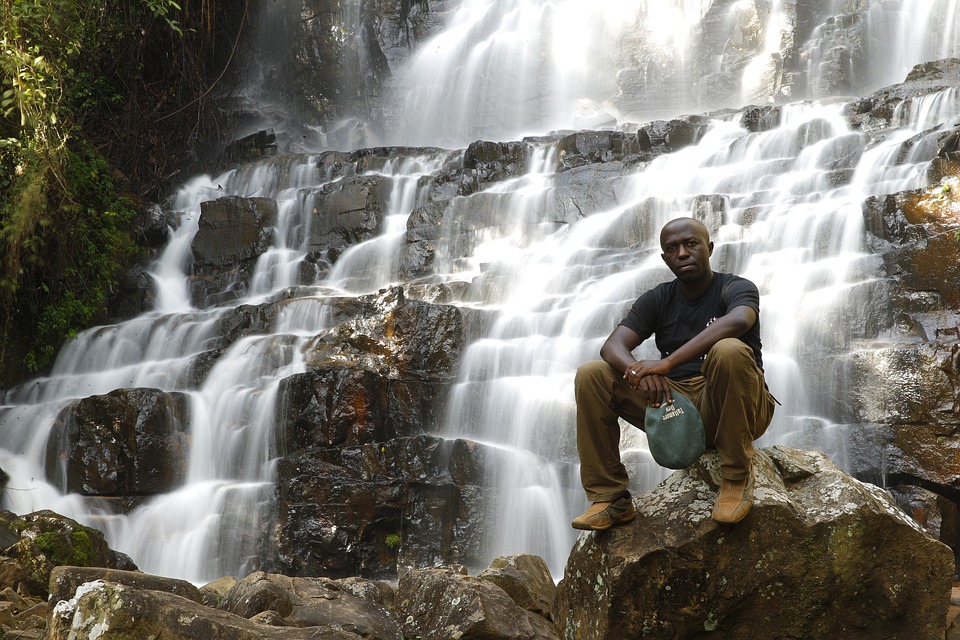
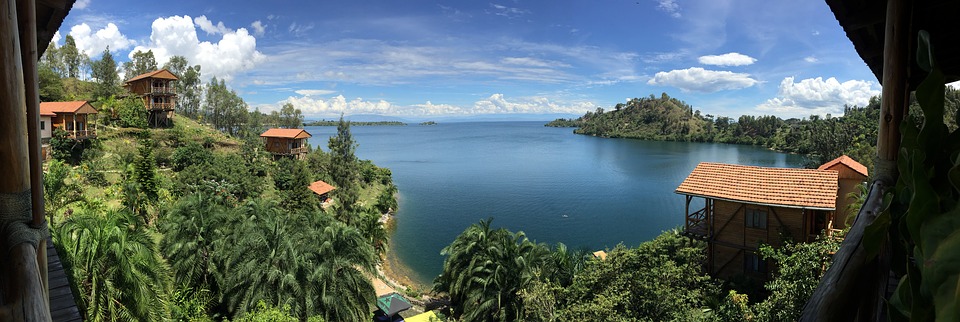
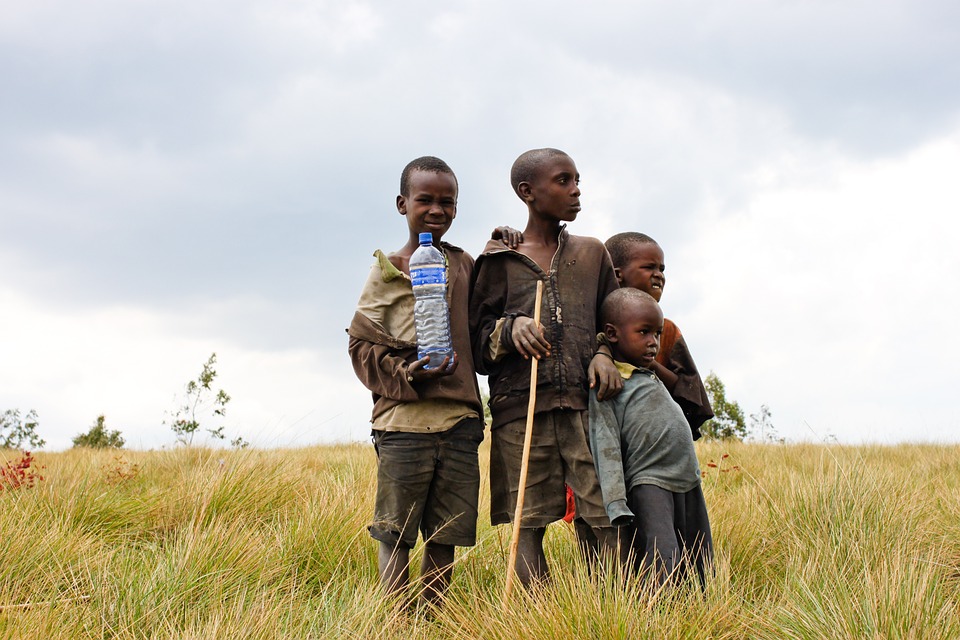
Capital of Burundi : Bujumbura
Population (Estimated July 2012): 10,557,259
Area: 27,816 km2 or 10,740 mi2
Currency: Burundi Franc (FBu)
Official Language: Rundi; French
Political Information: Presidential Republic
Official Religion: No Official Religion (approximately 67% of the population are Christian, 23% have indigenous beliefs and 10% are Muslim)
Highest Mountain: Mount Heha at 2,670m 8,760ft
GDP Official Exchange Rate (OER is more precise at gauging a countries economic power)
(Estimated 2011): $1.7 billion (US$) or £1,020 million(GBP)
GDP (OER) Per Capita (per member of the population estimated 2011): (US$) or (GBP)
GDP Purchasing Power Parity (PPP is good for gauging living conditions and use of resources but not as accurate as OER. This data has been calculated based on the sum value of all goods and services produced in the country valued at prices prevailing in the United States)
(Estimated 2011): $3.672 billion (US$) or £2,203.2 million (GBP)
GDP (PPP) Per Capita (per member of the population estimated 2011): $400 (US$) or £240(GBP)
Time Zone (GMT/UTC): +2:00
Counties/Provinces/States: 17 provinces; Bubanza, Bujumbura Mairie, Bujumbura Rural, Bururi, Cankuzo, Cibitoke, Gitega, Karuzi, Kayanza, Kirundo, Makamba, Muramvya, Muyinga, Mwaro, Ngozi, Rutana, Ruyigi
Leaders: President Pierre Nkurunziza with Terence Sinunguruza as 1st Vice President and Gervais Rufyikiri as 2nd Vice President.
Additional: Gained Independence from Belgium on the 1st of July 1962.
Sources: CIA World Fact Book, Encyclopaedia Britannica.
Burundi
Burundi is a small landlocked country located in East Africa. It is bordered by Rwanda to the north, Tanzania to the east and south, and the Democratic Republic of the Congo to the west. With a population of approximately 11 million people, Burundi is one of the most densely populated countries in Africa. Understanding the history and culture of Burundi is crucial for gaining insight into the challenges and opportunities facing this nation.
History of Burundi: From Pre-colonial Times to Independence
Burundi has a rich history that dates back to pre-colonial times. The region was once home to several powerful kingdoms, including the Kingdom of Burundi and the Kingdom of Rwanda. These kingdoms were known for their strong central authority and complex social structures. European colonization had a significant impact on Burundi, as it did on many African nations. The Germans were the first to colonize Burundi in the late 19th century, followed by the Belgians after World War
The colonial period brought about significant changes in Burundi’s political and social landscape.
The struggle for independence in Burundi was marked by political unrest and violence. In 1962, Burundi gained independence from Belgium, but it was followed by years of ethnic tensions between the Hutu and Tutsi populations. This culminated in a series of ethnic conflicts and civil wars that plagued the country for decades. The post-independence period was marked by political instability, military coups, and human rights abuses. It was not until the early 2000s that Burundi began to experience relative stability and a move towards democracy.
Burundi’s Geography: A Diverse Landscape with Natural Wonders
Burundi is known for its diverse geography, which includes mountains, lakes, and forests. The country is situated in the Great Rift Valley, which has resulted in a varied terrain. The highest peak in Burundi is Mount Heha, which stands at an elevation of 2,670 meters. The country is also home to several lakes, including Lake Tanganyika, which is one of the largest freshwater lakes in the world.
Burundi’s national parks and wildlife reserves are home to a wide range of flora and fauna. Kibira National Park is one of the most important protected areas in Burundi, known for its dense rainforests and diverse wildlife. Rusizi National Park, located along the Rusizi River, is another popular destination for nature lovers. These natural wonders are not only important for tourism but also for the preservation of Burundi’s biodiversity.
Preserving Burundi’s natural resources is crucial for the country’s sustainable development. Deforestation, soil erosion, and pollution are some of the major environmental challenges facing Burundi. Efforts are being made to promote sustainable agriculture and protect the country’s forests and water sources. It is essential to strike a balance between economic development and environmental conservation to ensure a better future for Burundi.
Burundi’s Culture: Rich Traditions and Festivals
Burundi has a rich cultural heritage that is deeply rooted in its history and traditions. Music and dance play a significant role in Burundian culture, with traditional drumming being an integral part of celebrations and ceremonies. The royal drummers of Burundi are renowned worldwide for their rhythmic performances.
Traditional Burundian clothing reflects the country’s cultural diversity. The women wear colourful wrap-around skirts called “imishanana” or “kitenge,” while men often wear loose-fitting trousers called “ishabure.” Traditional hairstyles and body art are also important aspects of Burundian culture.
Burundian cuisine is diverse and influenced by its neighbouring countries. Staple foods include maize, beans, sweet potatoes, and cassava. Meat dishes such as goat, beef, and fish are also popular. Traditional beverages include banana beer and urwarwa, a fermented drink made from sorghum.
Burundi is known for its vibrant festivals and celebrations. One of the most important festivals is the Umuganura Festival, which celebrates the country’s agricultural heritage. It is a time for farmers to give thanks for the harvest and for the community to come together in celebration. Other festivals include the Drum Festival, which showcases traditional drumming, and the Independence Day celebrations on July 1st.
Burundi’s Economy: Agriculture and Mining as Major Industries
Agriculture is the backbone of Burundi’s economy, employing the majority of the population. The country is known for its coffee production, with coffee being one of its major exports. Other important agricultural products include tea, cotton, and tobacco. However, Burundi faces challenges in terms of low productivity, limited access to markets, and vulnerability to climate change.
Mining is another important industry in Burundi, with deposits of nickel, gold, tin, and tungsten. The mining sector has the potential to contribute significantly to the country’s economy. However, there are challenges in terms of inadequate infrastructure, lack of investment, and issues related to transparency and governance.
Poverty and corruption are major challenges facing Burundi’s economy. The country ranks among the poorest in the world, with high levels of unemployment and inequality. Corruption is also a significant issue, hindering economic development and undermining public trust in government institutions.
Sustainable economic development is crucial for Burundi’s future. Efforts are being made to promote private sector growth, improve infrastructure, and attract foreign investment. It is essential to address the root causes of poverty and corruption to create a more inclusive and prosperous society.
Politics in Burundi: A Troubled Past and Present
Burundi has a troubled political history marked by periods of conflict and instability. The post-independence period was characterized by ethnic tensions between the Hutu and Tutsi populations, leading to a series of ethnic conflicts and civil wars. The Arusha Accords, signed in 2000, aimed to bring an end to the violence and establish a power-sharing government. However, political tensions persisted, leading to the 2015 crisis.
The 2015 crisis was triggered by President Pierre Nkurunziza’s decision to run for a controversial third term. This led to widespread protests, violence, and a failed coup attempt. The crisis resulted in a significant loss of life and a mass exodus of refugees. The political situation remains fragile, with concerns about human rights abuses and restrictions on freedom of expression.
Promoting democracy and human rights is crucial for Burundi’s stability and development. Efforts are being made to promote dialogue, reconciliation, and inclusive governance. International support and engagement are essential in helping Burundi navigate its political challenges and build a more democratic society.
Burundi’s Education System: Challenges and Progress
Burundi’s education system faces numerous challenges, including limited access to quality education, inadequate infrastructure, and a lack of qualified teachers. The country has one of the lowest literacy rates in the world, with significant disparities between urban and rural areas.
Efforts are being made to improve education in Burundi. The government has implemented policies to increase access to education and improve the quality of teaching. Non-governmental organizations and international partners are also working to support education initiatives in Burundi.
Education is crucial for Burundi’s future development. It plays a vital role in reducing poverty, promoting social inclusion, and empowering individuals to contribute to society. Investing in education is essential for building a skilled workforce and creating opportunities for economic growth.
Health in Burundi: Issues and Initiatives
Burundi faces significant health challenges, including high rates of disease, malnutrition, and limited access to healthcare services. Malaria, HIV/AIDS, and respiratory infections are among the leading causes of death in the country. Malnutrition is also a major concern, particularly among children.
Efforts are being made to improve healthcare in Burundi. The government has implemented policies to increase access to healthcare services and improve the quality of care. International organizations and non-governmental organizations are also working to support health initiatives in Burundi.
Investing in healthcare is crucial for Burundi’s future. Access to quality healthcare is a basic human right and essential for promoting well-being and reducing poverty. It is important to address the underlying causes of poor health, such as poverty, inadequate sanitation, and limited access to clean water.
Tourism in Burundi: Exploring the Country’s Hidden Gems
Burundi has great potential for tourism, with its diverse landscapes and natural wonders. Lake Tanganyika offers opportunities for swimming, fishing, and boating. Kibira National Park is a haven for nature lovers, with its dense rainforests and abundant wildlife. The Rusizi Delta is a popular destination for birdwatching and boat safaris.
However, the tourism industry in Burundi faces challenges. Limited infrastructure, political instability, and negative perceptions about safety have hindered the growth of tourism. Efforts are being made to promote Burundi as a tourist destination and attract international visitors.
Sustainable tourism is crucial for Burundi’s economic development. It can create jobs, generate revenue, and promote cultural exchange. It is important to develop tourism in a way that preserves the country’s natural and cultural heritage while benefiting local communities.
Future Prospects for Burundi: Opportunities and Challenges Ahead
Burundi faces both opportunities and challenges in the coming years. The country has made progress in terms of stability and economic development, but there are still significant obstacles to overcome. Key opportunities include harnessing the potential of agriculture and mining, promoting tourism, and investing in human capital.
However, there are also challenges that need to be addressed. These include poverty, corruption, political instability, and limited access to education and healthcare. International support and engagement are crucial in helping Burundi overcome these challenges and achieve sustainable development.
In conclusion, understanding the history, culture, geography, economy, politics, education, health, and tourism of Burundi is essential for gaining insight into the challenges and opportunities facing this landlocked country in East Africa. Burundi has a rich cultural heritage and diverse natural landscapes that offer great potential for economic development. However, it also faces significant challenges in terms of poverty, corruption, political instability, and limited access to education and healthcare. International support and engagement are crucial in helping Burundi overcome these challenges and build a more prosperous and inclusive society.
If you’re interested in learning more about Burundi, a small landlocked country in East Africa, you might want to check out this informative article on Array. It provides a comprehensive overview of Burundi’s history, culture, and current affairs. From its colonial past to its struggles with political instability and poverty, this article delves into the challenges and unique aspects of this lesser-known African nation. So, if you’re curious to explore the rich tapestry of Burundi’s story, click here to read the article on Array.
FAQs
What is Burundi?
Burundi is a landlocked country located in East Africa. It is bordered by Rwanda to the north, Tanzania to the east and south, and the Democratic Republic of the Congo to the west.
What is the capital of Burundi?
The capital of Burundi is Bujumbura, which is also the largest city in the country.
What is the population of Burundi?
As of 2021, the estimated population of Burundi is around 12.3 million people.
What is the official language of Burundi?
The official languages of Burundi are Kirundi and French.
What is the currency of Burundi?
The currency of Burundi is the Burundian franc (BIF).
What is the economy of Burundi like?
Burundi is one of the poorest countries in the world, with a largely agricultural economy. Coffee and tea are the main cash crops, and the country also has deposits of nickel, uranium, and other minerals.
What is the political situation in Burundi?
Burundi has a presidential representative democratic republic system of government. The country has experienced political instability and violence in recent years, including a civil war that lasted from 1993 to 2005.
What are some popular tourist attractions in Burundi?
Some popular tourist attractions in Burundi include Lake Tanganyika, Rusizi National Park, and the Gishora Drum Sanctuary. The country is also known for its traditional drumming and dancing.
Population Density of Burundi
Burundi, a small landlocked country in East Africa, is known for its high population density. With a population of over 11 million people, Burundi has one of the highest population densities in Africa, with an average of 463 people per square kilometer. Understanding...
History of Burundi
Burundi, a small landlocked country in East Africa, has a rich and complex history that spans thousands of years. From its early inhabitants to the arrival of the Tutsi and Hutu peoples, the rise of the Burundian monarchy, and the impact of European colonization,...
Terrain and Topography of Burundi: mountains, valleys, and plains.
Burundi, a small landlocked country in East Africa, is known for its diverse and stunning terrain. Nestled between Rwanda, Tanzania, and the Democratic Republic of Congo, Burundi is home to majestic mountains, lush valleys, fertile plains, the Great Rift Valley,...
Political Boundaries of Burundi: Provinces, Districts, or Historical Boundaries.
Burundi, a landlocked country located in East Africa, is known for its rich history and diverse culture. It shares borders with Rwanda to the north, Tanzania to the east and south, and the Democratic Republic of the Congo to the west. Understanding the political...
Climate Zones of Burundi: Different climate regions Of Burundi
Burundi, a landlocked country located in East Africa, is known for its diverse geography and climate. The country is situated on the eastern edge of the Albertine Rift, which is part of the Great Rift Valley. This geographical location gives rise to a variety of...
Natural Resources of Burundi: Where Natural Resources are located In Burundi
Burundi, a small landlocked country located in East Africa, is rich in natural resources that play a crucial role in its economy and the livelihoods of its people. The country is blessed with a diverse range of resources, including minerals, agricultural land,...
Cultural or Historical Sites of Burundi: Important Cultural Landmarks or Historical Sites In Burundi
Burundi, a small landlocked country in East Africa, may not be on the top of everyone’s travel list, but it is a destination rich in cultural and historical significance. From its traditional drummers to its sacred forests and national parks, Burundi offers a...
Exploring the Hidden Gems of Burundi: A Journey Through the Heart of Africa
Nestled in the heart of East Africa, Burundi is a small landlocked country that often goes unnoticed by travelers. However, this hidden gem is a treasure trove of natural wonders, rich culture, and warm hospitality. Located between Rwanda, Tanzania, and the Democratic...
